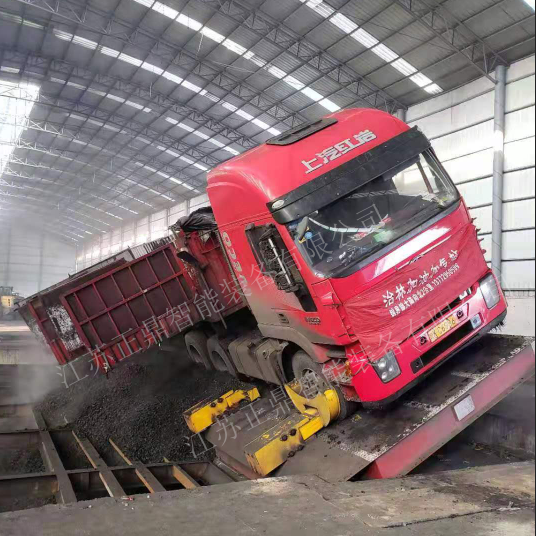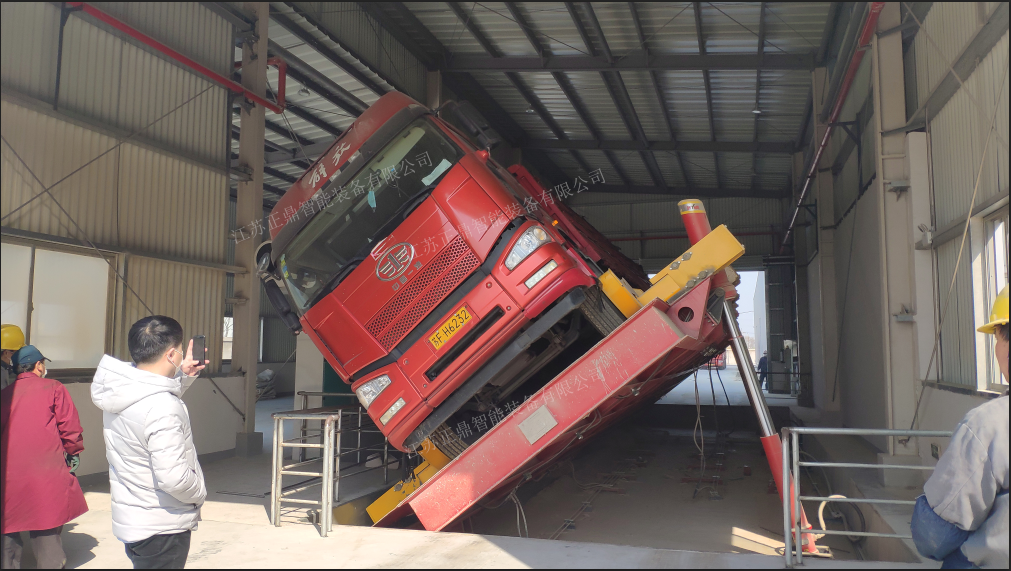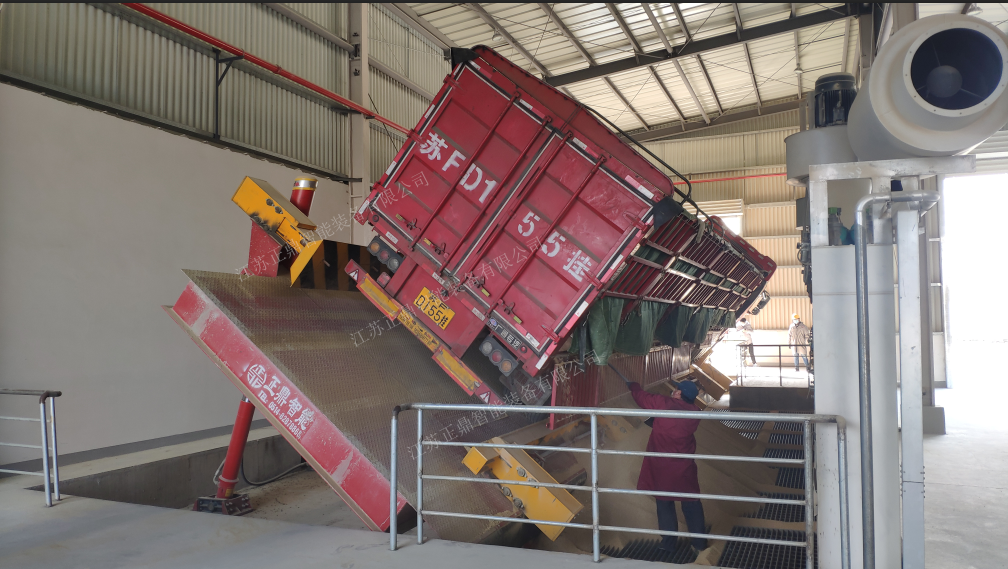container offload
Container offload systems represent a crucial advancement in modern logistics and cargo handling operations. These sophisticated systems are designed to efficiently transfer containers from vessels, trucks, or trains to designated storage areas or other transport modes. The technology incorporates automated guidance systems, precision lifting mechanisms, and smart sensors that ensure accurate positioning and safe handling of containers regardless of their size or weight. Modern container offload solutions utilize advanced computerized control systems that optimize the movement sequence, reducing operation time and minimizing the risk of handling errors. The equipment typically features robust structural components capable of managing standard ISO containers, specialized cargo units, and various container sizes ranging from 20 to 45 feet. These systems often integrate with terminal operating systems (TOS) for seamless coordination of container movements, real-time tracking, and inventory management. Safety features include load monitoring sensors, anti-sway technology, and emergency stop mechanisms that protect both cargo and operators. The container offload process involves precise mechanical operations, including gantry movement, spreader alignment, and secure container engagement, all orchestrated through sophisticated control interfaces that provide operators with comprehensive monitoring capabilities.


